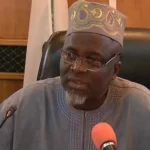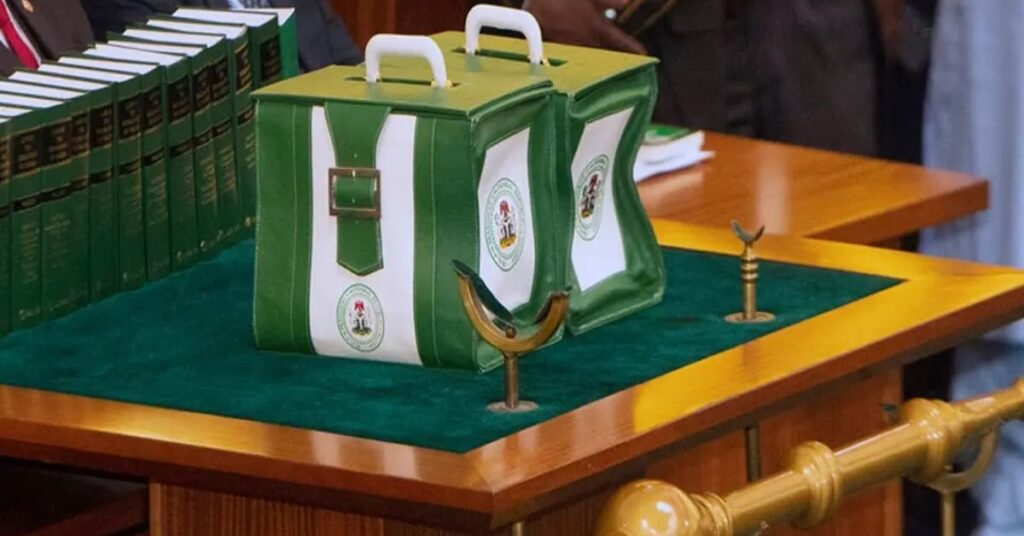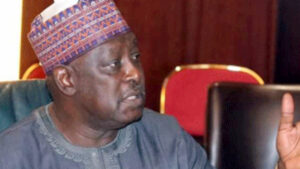In the realm of Nigeria’s annual budgets, each iteration comes with grandiose titles promising economic transformation and prosperity. Phrases like ‘Budget of Hope and Economic Transformation,’ ‘Budget of Inclusion and Accelerated Economic Growth,’ and ‘Budget of Reforms and Sustainable Economic Development’ have adorned past budgets. However, these eloquent titles have consistently fallen short in implementation, with revenue targets unmet, and projects unrealized.
The recently approved N27.5 trillion 2024 proposed Federal Government budget, a substantial 19.15 percent increase from the 2023 estimate, seems to follow this pattern. It emphasizes infrastructure development, human capital investment, and economic diversification. However, before delving into the details of the budget, it’s crucial to examine the underlying assumptions upon which it stands.
The assumptions for 2024 include a crude oil price averaging US$77.96 per barrel, an increase from the US$70 per barrel assumed in the 2023 budget. Oil production is expected to rise to 1.78 million barrels per day, with an exchange rate of N750/US$ and an inflation rate of 21.4 percent. These assumptions form the bedrock of the budget’s projections.
Faulty Assumptions: Exchange Rate and Oil Production
One glaring issue arises with the assumed exchange rate of N750/US$. As of October, the Naira’s exchange rate was over N800/US$ in the official window and approximately N1,200/US$ in the parallel market. The decision to peg the exchange rate at N750/US$ for 2024 seems unrealistic, given the prevailing market rates.
Similarly, the expectation that Nigeria’s crude oil production will reach 1.78 million barrels per day in 2024 is questionable. The 2023 budget’s benchmark of 1.69 million barrels per day was never achieved. Challenges such as oil theft, vandalism of oil installations, and production sabotage continue to impede the country’s ability to meet its OPEC allocated quotas, leading to dwindling revenue from crude oil sales.
Inflation Rate: A Dubious Projection
Another ambitious assumption is the projected inflation rate of 21.4 percent for 2024, compared to the 17.10 percent benchmark for 2023. However, the current hyperinflation rate, as of end-September, stands at 26.78 percent, creating a significant gap between the assumed level and the prevailing economic reality. There’s little indication that the Federal Government has implemented measures to address the factors driving inflation upward.
Overleveraged Economy and Debt Challenges
The 2024 budget assumes public debt stock as of end-June 2023 at a staggering N87.38 trillion. This has elevated the debt-service-to-revenue ratio to 73.5 percent, well above the threshold of 50 percent. A substantial portion of the projected revenue in 2024 is earmarked for debt servicing, with N8.25 trillion allocated for this purpose. The government’s reliance on foreign loans, such as the US$1.5 billion loan from the World Bank and the US$10 billion ‘soft’ loan, raises concerns about the sustainability of the country’s debt position.
Conclusion: A Rhetorical Commitment or a Sound Strategy?
In essence, the 2024 Federal budget appears more as a rhetorical commitment than a well-founded strategy for Nigeria’s economic development. Its assumptions, ranging from the exchange rate to oil production and inflation rates, seem disconnected from the prevailing economic realities. A reassessment of the budget’s roadmap and strategy is imperative to align it with the complex challenges facing the country. The economic development of Nigeria requires more than political will and courage; it demands a comprehensive and pragmatic approach that addresses the root causes of economic woes.
[Okeke is a practicing Economist, Business Strategist, Sustainability expert, and ex-Chief Economist of Zenith Bank Plc]










More Stories
The New Pope is “Black,” Now What?
Senate Drama: Akpabio vs. Natasha and the Lessons for Nigeria
What if Farotimi’s allegations are not false